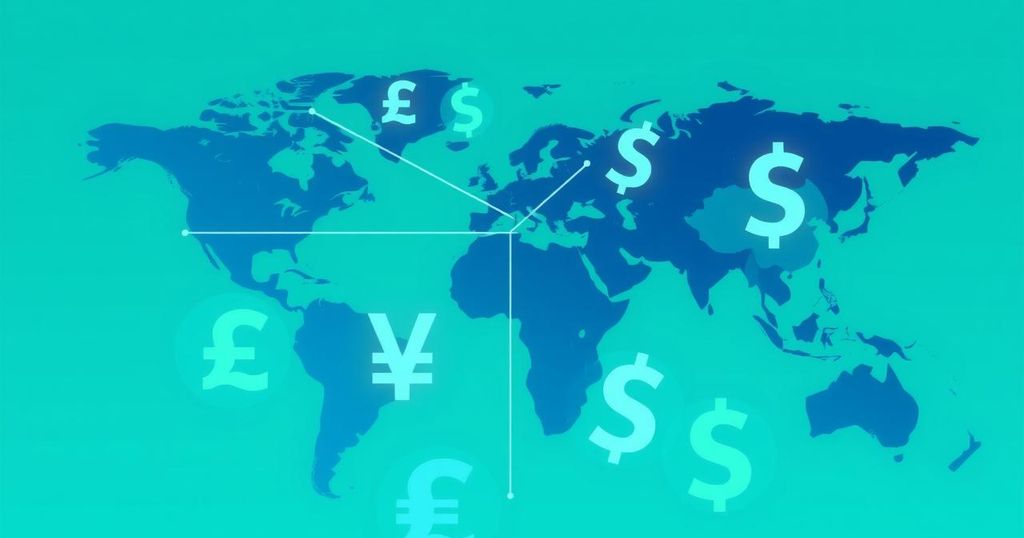El Salvador will privatize or shut down its Chivo cryptocurrency wallet amid a $1.4 billion loan agreement with the IMF. While bitcoin stays legal tender, the government acknowledges low public usage of the digital currency. The IMF’s stipulations will limit public sector engagement with bitcoin, even as the country continues to invest in its Strategic Bitcoin Reserve.
The government of El Salvador announced plans to privatize or close the Chivo cryptocurrency wallet introduced during President Nayib Bukele’s initiative to make bitcoin legal tender in 2021. This decision follows a $1.4 billion loan agreement with the International Monetary Fund (IMF), which is addressing the criticisms surrounding the country’s stance on bitcoin. Although bitcoin retains its status as legal tender, the future of the Chivo wallet remains uncertain.
Stacy Herbert, director of the National Bitcoin Office, conveyed the message through social media, indicating that the precise number of active users of Chivo remains undisclosed. However, she reassured that the government will maintain or possibly even increase its purchases of bitcoin for its Strategic Bitcoin Reserve, despite the decision regarding the wallet. The IMF has indicated that acceptance of bitcoin will now be voluntary for the private sector, and that risks associated with bitcoin are being addressed thoughtfully by the government.
El Salvador was the pioneering nation to adopt bitcoin as legal tender, aiming to stimulate its economy that predominantly relies on the U.S. dollar and remittance inflows. Notably, President Bukele acknowledged the widespread unpopularity of this measure, with a significant 88 percent of the population reportedly choosing not to utilize bitcoin by 2023. Despite this, the country holds a substantial amount of bitcoin in its reserves, amounting to nearly 6,000 bitcoins valued at approximately $582 million.
The topic revolves around the challenges faced by El Salvador in its ambitious bitcoin initiative, launched in 2021 under President Nayib Bukele’s leadership. El Salvador became the first country to recognize bitcoin as legal tender, an unprecedented move aimed at leveraging cryptocurrency to boost economic activity. However, the implementation has faced substantial criticism and declining public support, revealing the complexities of integrating a volatile cryptocurrency into a nation’s economic framework. The announcement regarding the Chivo wallet’s fate highlights the shifting dynamics following the IMF’s involvement, which emphasizes the need for regulated and cautious engagement with cryptocurrencies.
In summary, El Salvador is set to privatize or shut down the Chivo wallet as part of a broader reassessment of its bitcoin policy. Despite bitcoin remaining legal tender, significant public disinterest showcases the challenges faced by the initiative. The agreement with the IMF reflects ongoing efforts to manage the economic implications of bitcoin, while the government intends to continue investing in its Strategic Bitcoin Reserve. The future remains uncertain as the country navigates its financial landscape with caution.
Original Source: ticotimes.net




